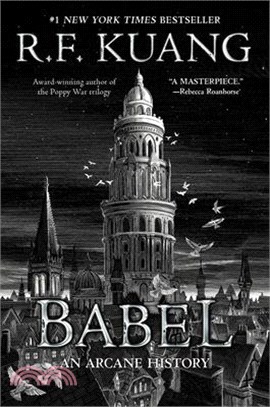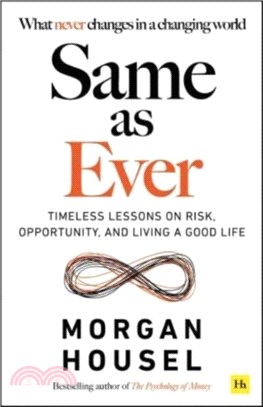A Brief History Of The Mind
商品資訊
ISBN13:9780195182484
出版社:Oxford Univ Pr on Demand
作者:William H. Calvin
出版日:2005/10/08
裝訂/頁數:平裝/219頁
規格:21cm*14cm*1.9cm (高/寬/厚)
定價
:NT$ 1064 元優惠價
:90 折 958 元
庫存:1
下單可得紅利積點:28 點
商品簡介
作者簡介
相關商品
商品簡介
This book looks back at the simpler versions of mental life in apes, Neanderthals, and our ancestors, back before our burst of creativity started 50,000 years ago. When you can't think about the future in much detail, you are trapped in a here-and-now existence with no "What if?" and "Why me?" William H. Calvin takes stock of what we have now and then explains why we are nearing a crossroads, where mind shifts gears again.
The mind's big bang came long after our brain size stopped enlarging. Calvin suggests that the development of long sentences--what modern children do in their third year--was the most likely trigger. To keep a half-dozen concepts from blending together like a summer drink, you need some mental structuring. In saying "I think I saw him leave to go home," you are nesting three sentences inside a fourth. We also structure plans, play games with rules, create structured music and chains of logic, and have a fascination with discovering how things hang together. Our long train of connected thoughts is why our consciousness is so different from what came before.
Where does mind go from here, its powers extended by science-enhanced education but with its slowly evolving gut instincts still firmly anchored in the ice ages? We will likely shift gears again, juggling more concepts and making decisions even faster, imagining courses of action in greater depth. Ethics are possible only because of a human level of ability to speculate, judge quality, and modify our possible actions accordingly. Though science increasingly serves as our headlights, we are out-driving them, going faster than we can react effectively.
The mind's big bang came long after our brain size stopped enlarging. Calvin suggests that the development of long sentences--what modern children do in their third year--was the most likely trigger. To keep a half-dozen concepts from blending together like a summer drink, you need some mental structuring. In saying "I think I saw him leave to go home," you are nesting three sentences inside a fourth. We also structure plans, play games with rules, create structured music and chains of logic, and have a fascination with discovering how things hang together. Our long train of connected thoughts is why our consciousness is so different from what came before.
Where does mind go from here, its powers extended by science-enhanced education but with its slowly evolving gut instincts still firmly anchored in the ice ages? We will likely shift gears again, juggling more concepts and making decisions even faster, imagining courses of action in greater depth. Ethics are possible only because of a human level of ability to speculate, judge quality, and modify our possible actions accordingly. Though science increasingly serves as our headlights, we are out-driving them, going faster than we can react effectively.
作者簡介
William H. Calvin is a neurobiologist at the University of Washington in Seattle who wanders regularly into anthropology, evolution, and climate change. He is the author of A Brain for All Seasons, which won the Phi Beta Kappa 2002 Book Award for contributions to literature by scientists.
主題書展
更多
主題書展
更多書展今日66折
您曾經瀏覽過的商品
購物須知
外文書商品之書封,為出版社提供之樣本。實際出貨商品,以出版社所提供之現有版本為主。部份書籍,因出版社供應狀況特殊,匯率將依實際狀況做調整。
無庫存之商品,在您完成訂單程序之後,將以空運的方式為你下單調貨。為了縮短等待的時間,建議您將外文書與其他商品分開下單,以獲得最快的取貨速度,平均調貨時間為1~2個月。
為了保護您的權益,「三民網路書店」提供會員七日商品鑑賞期(收到商品為起始日)。
若要辦理退貨,請在商品鑑賞期內寄回,且商品必須是全新狀態與完整包裝(商品、附件、發票、隨貨贈品等)否則恕不接受退貨。



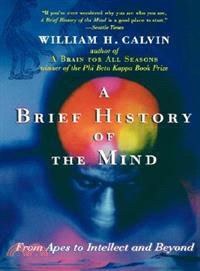










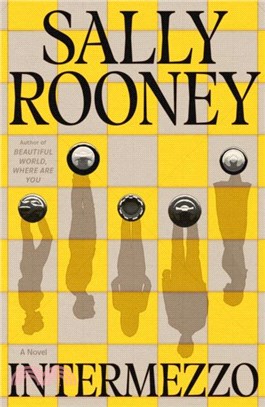




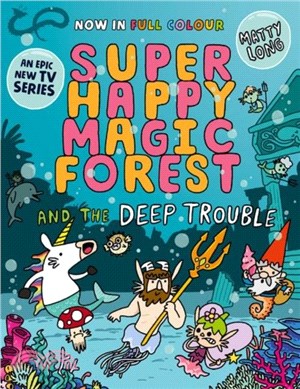
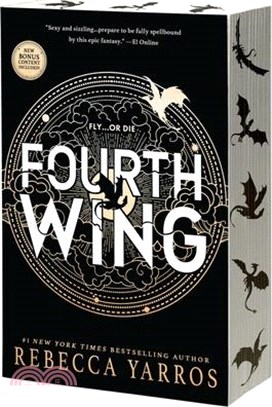
![Wicked [Movie Tie-In]:魔法壞女巫電影原著](https://cdnec.sanmin.com.tw/product_images/006/006285284.jpg)
